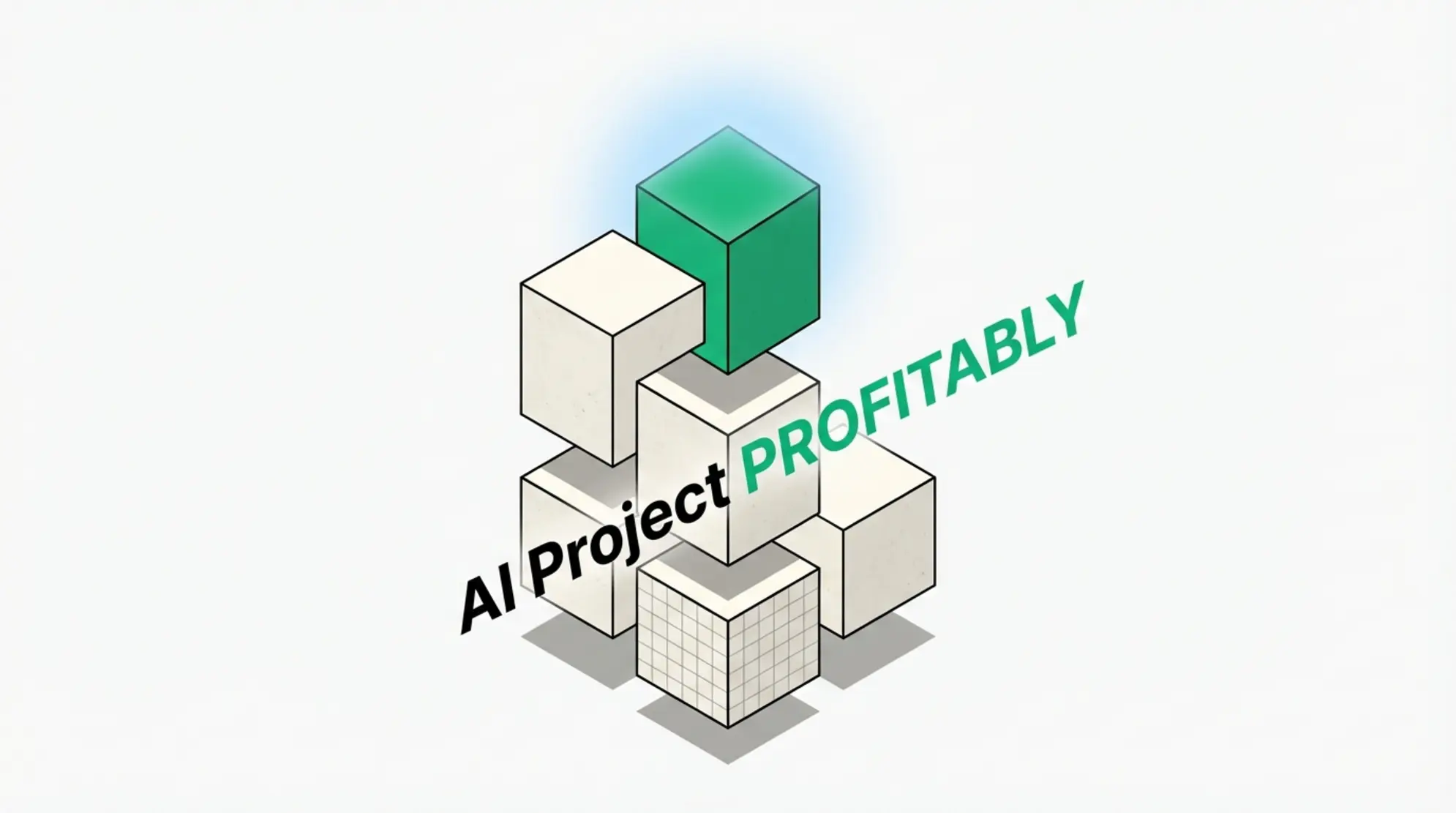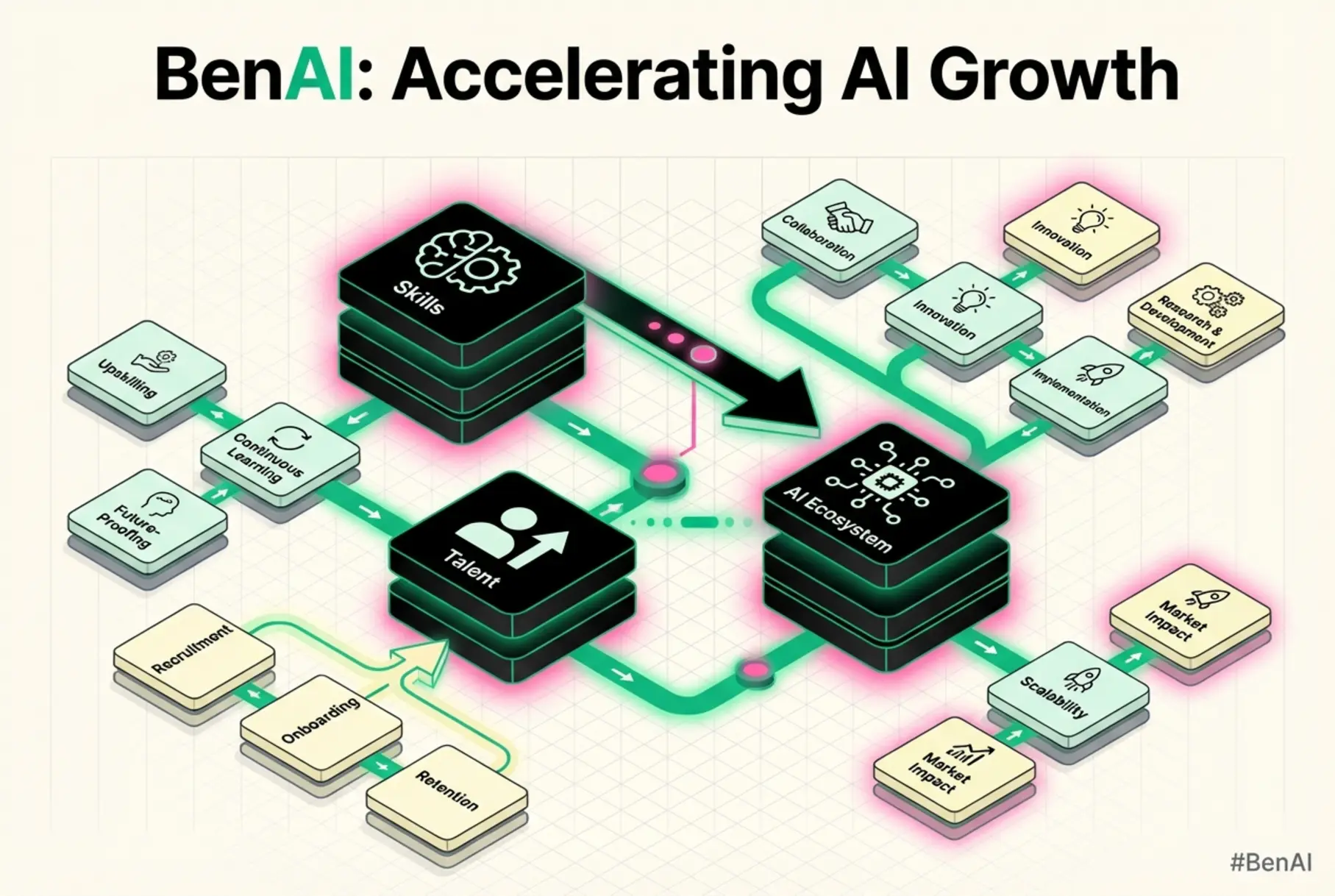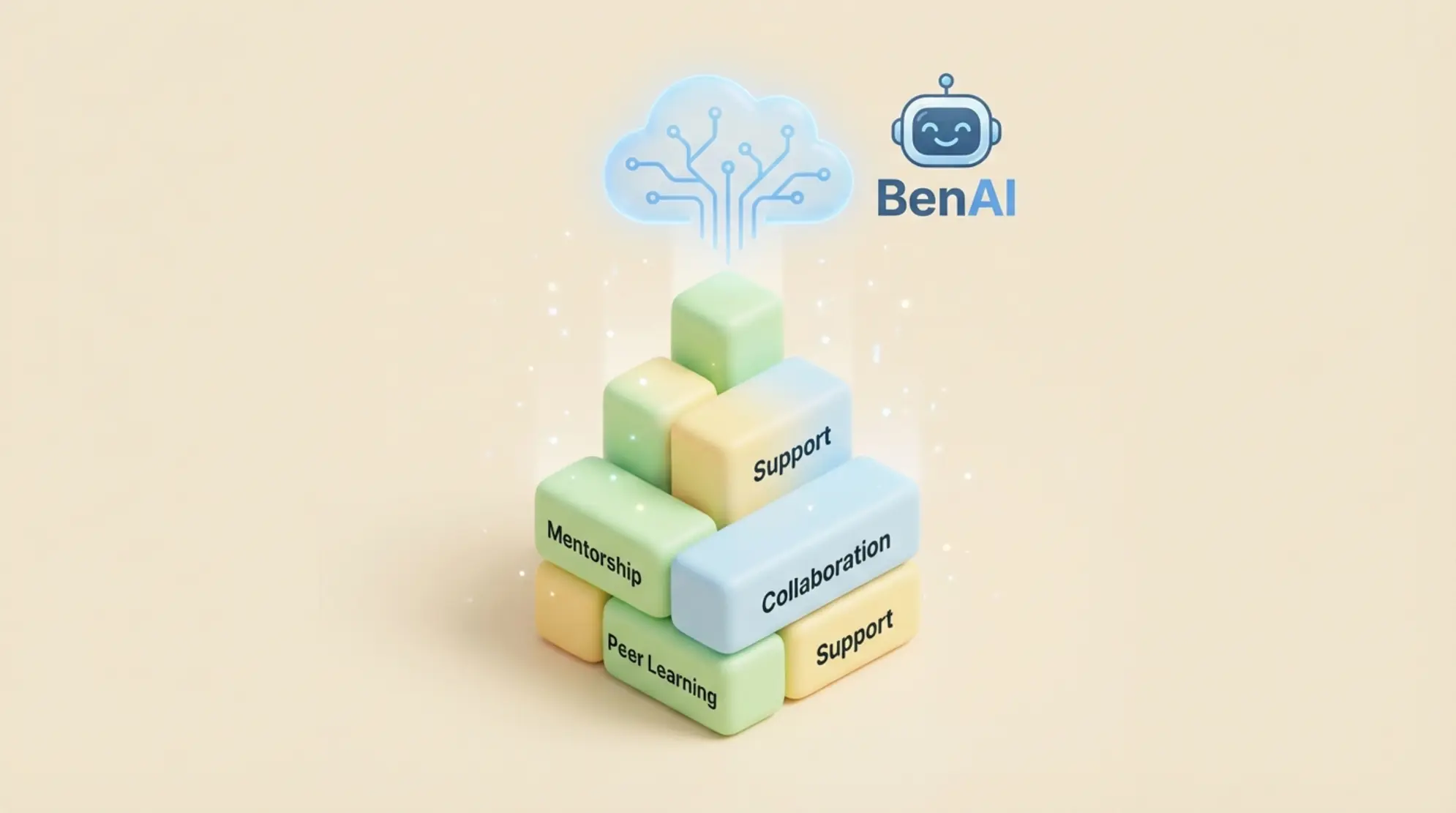The traditional manual approach to SEO reporting is no longer sufficient to meet the demands of discerning clients and dynamic search algorithms. Agencies face significant challenges when relying on manual processes, including the extensive time commitment involved in data collection and consolidation, the inherent risk of human error in analysis, and the inability to provide clients with real-time insights. Delayed insights mean missed opportunities for optimization, ultimately impacting campaign performance and client satisfaction. Furthermore, a lack of customization often leads to generic reports that fail to address specific client goals, eroding trust and perceived value. The static nature of traditional reports prevents proactive adjustments, leaving agencies reacting to changes rather than anticipating them.
AI automation emerges as the critical solution to these pervasive pain points, fundamentally enhancing the efficiency, accuracy, and strategic depth of SEO reporting. Implementing artificial intelligence liberates agency teams from repetitive, labor-intensive tasks, allowing them to redirect their expertise towards high-value strategic planning and client consultation. This shift improves operational efficiency and elevates the quality of insights delivered. According to research, 86% of SEO professionals have integrated AI into their strategies, with 65% reporting better SEO results using AI, as documented by SEO.com and SeoProfy. This substantial adoption rate underscores the undeniable benefits AI brings to the SEO industry.
Defining AI SEO Reporting Automation: Core Benefits and Business Impact
AI SEO reporting automation refers to the application of artificial intelligence and machine learning technologies to streamline, enhance, and personalize the generation and delivery of SEO performance reports and client-facing dashboards. This advanced methodology moves beyond simple data aggregation, using algorithms to analyze complex datasets, identify patterns, and generate actionable insights that humans might overlook. It encompasses automated data collection from various sources, intelligent data visualization, and the creation of comprehensive narratives explaining performance trends.
The core benefits derived from embracing AI-driven reporting are transformative for SEO agencies, impacting operational efficiency, client relationships, and overall profitability.
- Improved Accuracy: AI minimizes human error in data collection and analysis, presenting precise performance metrics and trends.
- Real-Time Updates: Automated systems provide immediate access to the latest data, enabling swift strategic adjustments and proactive problem-solving.
- Enhanced Scalability: Agencies can efficiently manage a growing number of clients without a proportional increase in manual reporting effort, leveraging templatized yet customizable solutions.
- Significant Cost Savings: Reducing manual labor hours associated with report generation directly translates into lower operational costs and better resource allocation.
- Superior Client Communication: AI-generated summaries and personalized narratives clarify complex data, making reports more accessible and valuable for clients.
- Deeper Insights: Machine learning algorithms uncover hidden correlations and emerging trends, providing a more profound understanding of SEO performance.
These benefits coalesce to create a substantial business impact for agencies. AI automation boosts productivity by 83% and ROI by up to 68% in some cases, saving teams over 5 hours weekly. This surge in efficiency and strategic output provides a distinct competitive advantage, improving client retention rates through transparent, value-driven reporting and enhancing overall agency profitability. Agencies can then focus on strategic growth and innovation, rather than being bogged down by repetitive tasks.
Exploring Key Features of Leading AI-Powered SEO Reporting Tools
The landscape of AI-powered SEO reporting tools is rich with innovative features designed to streamline agency operations and elevate client deliverables, with key capabilities spanning data integration, reporting customization, and advanced analytics. These tools address the need for a more efficient, accurate, and insightful approach to SEO performance monitoring. A robust AI SEO reporting platform integrates seamlessly with essential data sources, offers extensive customization, and provides advanced analytical functionalities that inform strategic decision-making.
Leading AI-powered SEO reporting tools offer several critical features:
- Comprehensive Data Integration: These platforms connect with multiple essential data sources, including Google Analytics, Google Search Console, CRM systems, and various advertising platforms. This broad integration capability ensures that agencies capture a holistic view of their clients' digital performance across different marketing channels.
- Customizable and White-Label Reporting: Agencies require the ability to brand reports with their own logos, color schemes, and custom layouts. White-labeling ensures brand consistency and reinforces the agency's authority, while advanced customization allows for tailoring report content, metrics, and visualizations to each client's specific industry and objectives. This also includes defining role-based access and report customization for different stakeholders.
- Real-Time Performance Tracking: Access to immediate data updates allows agencies to monitor key performance indicators (KPIs) as they evolve, enabling instant identification of issues or opportunities. This feature is crucial for agile strategy adjustments and proactive client communication.
- Automated Report Generation and Scheduling: AI automates the compilation and delivery of reports, eliminating the manual effort involved in gathering data, formatting, and distributing documents. Agencies can set predefined schedules for daily, weekly, or monthly reports, ensuring consistent client communication without human intervention.
- AI-Generated Summaries and Recommendations: A distinguishing feature of advanced AI tools is their ability to interpret complex data and generate plain-language summaries. These AI-generated narratives highlight key trends, performance changes, and actionable strategic recommendations, transforming raw data into easily digestible insights. Miller Products’ AI visibility tracking across multiple AI search engines and DashThis’ segmented AI analysis types, including Summary, Opportunities, Wins, and Issues, exemplify this capability. These features ensure well-structured outputs that improve content clarity and structured language scores, benefiting both content (prose type score) and report clarity (structured language score).
- Predictive Analytics for Future SEO Performance: Few independent, unbiased detailed comparisons exist for tools’ predictive analytics, yet this remains a significant advantage. Tools capable of predictive analytics forecast future trends, identify potential risks, and highlight emerging opportunities, enabling agencies to proactively shape their SEO strategies.
Transforming Strategy with Real-Time Analytics and Predictive AI Insights
Beyond simply reporting on past performance, advanced AI-powered dashboards empower agencies with both real-time analytical capabilities and sophisticated predictive insights, fundamentally transforming how SEO strategies are conceived, executed, and optimized. These two analytical dimensions are complementary, providing a comprehensive understanding of current performance while illuminating future possibilities. Real-time analytics offer immediate visibility, while predictive analytics equip agencies with a foresight to anticipate market shifts.
Real-time analytics, in the context of SEO reporting, refers to the immediate processing and visualization of data as it becomes available. This capability allows agencies to identify immediate data discrepancies, instant problem areas, and emerging opportunities without delay. For example, sudden drops in keyword rankings or unexpected spikes in traffic can be detected and addressed instantly. Real-time AI dashboards enable 20-40% faster problem resolution compared to legacy reporting systems, demonstrating a clear advantage in responsiveness and efficiency.
Predictive analytics, conversely, leverages historical data and machine learning algorithms to forecast future SEO performance, identify upcoming trends, and anticipate potential risks or opportunities. This emerging advantage remains largely unexploited in client-facing content, yet its strategic value is immense. Agencies can use predictive insights to:
- Proactively Adjust Bids: Forecast keyword performance to optimize PPC spend before competitive shifts occur.
- Identify Content Gaps: Analyze future search trends to create content that addresses emerging user queries before ranking drops for existing content.
- Anticipate Algorithm Updates: Model the potential impact of hypothetical algorithm changes on current rankings, enabling pre-emptive adjustments.
Practical examples of these insights in campaign optimization include using real-time data to adjust bidding strategies for a particular geographic location experiencing a sudden surge in search volume, or using predictive models to identify new long-tail keywords expected to gain traction in the next quarter, informing content creation efforts. Competitors like Miller Products offer AI visibility tracking across multiple AI search engines, demonstrating real-time monitoring of diverse search environments. DashThis further exemplifies advanced AI analysis with segmented insights for Summary, Opportunities, Wins, and Issues, providing actionable perspectives on performance.
Building Client Trust and Scaling Agency Operations with White-Label Automation
For SEO agencies, the ability to present results under their own brand, tailored precisely to each client's unique context, is paramount for building trust, enhancing perceived value, and enabling exponential operational scalability. White-label automation transforms generic data into agency-branded narratives, fostering a stronger client-agency relationship and streamlining management processes. This approach solidifies the agency's identity and distinguishes its service delivery in a competitive market.
White-label reporting plays a critical role in establishing agency authority and maintaining brand consistency. By delivering reports that are fully customized with the agency's logo, colors, and messaging, agencies reinforce their professional image and intellectual property. This branding instills confidence in clients, signaling a dedicated and proprietary service rather than a generic third-party offering. It transforms reporting from a mere data dump into a branded communication of value.
Advanced customization options for dashboards and reports further elevate client engagement. Agencies can tailor dashboards to display only the metrics most relevant to a client's specific business goals, offering a personalized view of performance. This includes creating role-based access for different stakeholders within a client organization, ensuring that CEOs see high-level ROI metrics, while marketing managers can dive into granular keyword data. This granular control over data presentation and access aligns with individual client needs and enhances user experience.
A significant content gap often involves how to customize AI-generated narratives per client industry. AI can generate personalized, client-friendly summaries and narratives that resonate specifically with their business context. For instance, an AI might highlight how a ranking improvement for a B2B client translates into lead generation, while for an e-commerce client, it might focus on conversion rate increases. Adaptify offers a unique approach in this area, utilizing AI-written updates to provide highly personalized client communications. Automated, AI-driven client communication fosters greater transparency and strengthens client relationships, leading to better retention by consistently demonstrating value and progress in a language tailored for them.
Implementing UX best practices for client dashboards is also crucial for improving trust and adoption. Dashboards should feature intuitive navigation, clear data visualizations, and interactive elements that allow clients to explore data relevant to them. A well-designed user experience encourages clients to engage with their reports, understand the impact of SEO efforts, and ultimately, build stronger trust in the agency's expertise.
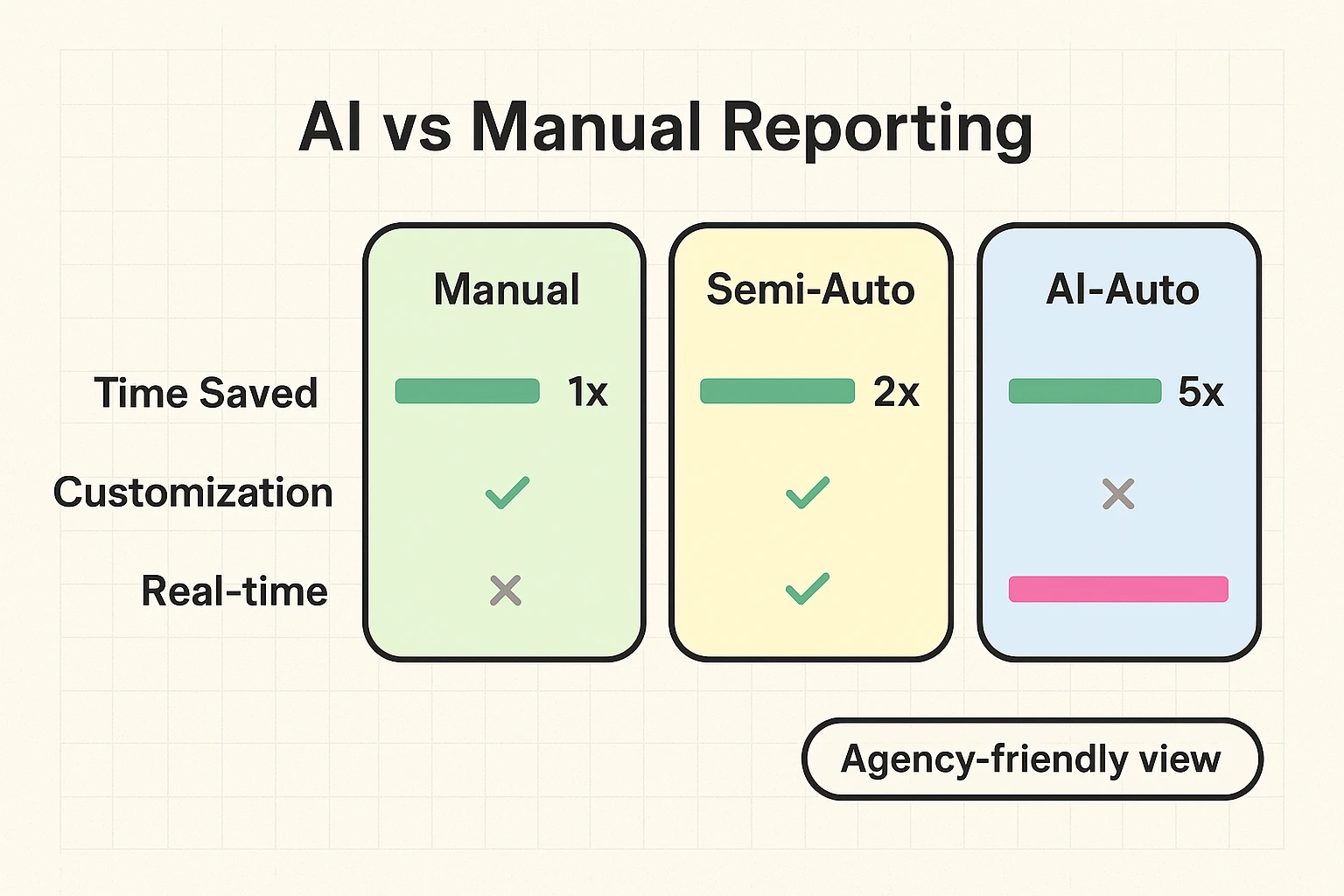
Streamlining Technical Integrations and Ensuring Data Security for AI Platforms
Effective AI SEO reporting hinges on seamless technical integration with diverse data sources and robust security protocols to protect sensitive client information. The utility of an AI reporting platform directly correlates with its ability to connect with all relevant marketing and business intelligence systems, while rigorously safeguarding the aggregated data. Agencies prioritize platforms that offer both deep integration capabilities and uncompromising security measures.
Implementing in-depth, step-by-step integration and leveraging API use cases are fundamental for comprehensive AI reporting. This involves connecting platforms to various APIs, such as those for Google Analytics, Google Search Console, CRM systems, and social media platforms. Such integrations enable the automated flow of data, ensuring that reports are always current and comprehensive. Agencies often require detailed technical guidance and support for these complex integrations to ensure data accuracy and integrity.
Security best practices for SEO reporting SaaS tools are non-negotiable for building agency trust. Reputable platforms employ industry-standard security protocols to protect sensitive client and performance data. This includes robust data encryption, both in transit and at rest, along with strict access controls such as multi-factor authentication (MFA) and role-based permissions. Compliance with data privacy regulations like the General Data Protection Regulation (GDPR) and the California Consumer Privacy Act (CCPA) is also paramount, ensuring legal adherence and client confidence. Platforms undergo regular security audits to identify and mitigate vulnerabilities, preventing unauthorized access and data breaches.
Navigating Cross-Channel Attribution for Holistic AI SEO Reports
Achieving a truly holistic view of marketing performance requires understanding cross-channel attribution, a capability increasingly facilitated by AI in SEO reporting. Cross-channel attribution involves evaluating the impact of various marketing touchpoints across different channels on a conversion or desired outcome. This comprehensive perspective moves beyond siloed reporting to understand the complete customer journey, revealing how SEO interacts with paid search, social media, email marketing, and other channels.
AI significantly helps unify data from various sources (SEO, PPC, social, email) to provide a comprehensive view of the customer journey, addressing the need for more comprehensive guides on cross-channel attribution. By employing advanced machine learning models, AI platforms can analyze vast datasets from disparate marketing channels, identifying complex interactions and attributing value more accurately than traditional, rule-based models. This unified data aggregation allows agencies to visualize the complete marketing mix, understand the synergistic effects between channels, and make more informed decisions about resource allocation. For example, AI can reveal that a social media campaign consistently initiates user journeys that are later converted by organic search, providing a clearer picture of value across the entire marketing funnel.
BenAI: Your Strategic Partner in Automated SEO Reporting and Client Success
While the imperative to adopt AI for SEO reporting is clear, selecting the right platform is critical. BenAI stands as a comprehensive, purpose-built solution designed to empower SEO agencies with unparalleled automation, insights, and client management capabilities. It directly addresses the pervasive challenges of manual reporting, delayed insights, and limited customization, offering a path to scalable growth and enhanced client trust.
BenAI's unique value propositions directly tackle the content gaps identified in the market:
- Combines Real-Time and Predictive Insights: BenAI is engineered to offer sophisticated predictive models alongside customizable real-time dashboards. This dual functionality ensures agencies can not only react to current performance but also proactively adapt strategies based on future trends, offering foresight unmatched by basic reporting tools.
- Hands-On Integration and Security Guidance: BenAI provides robust technical integration support, including detailed API use cases and adherence to enterprise-grade security protocols. This ensures seamless data flow and protects sensitive client information, building trust with technical leads and procurement teams.
- AI-Written Client Summaries: Going beyond basic data visualization, BenAI excels in AI-driven narrative generation that can be tailored by client industry. This feature crafts personalized, easily digestible client summaries, fostering transparency and strengthening relationships without burdening account managers.
- Scalable and Customizable for Agencies: With comprehensive white-label capabilities, BenAI enables agencies to fully brand their reports and dashboards, enhancing authority and brand consistency. Its multi-client management features, including customizable templates and role-based access, facilitate efficient onboarding and seamless scaling of operations.
BenAI fills critical content gaps by offering an objective yet comprehensive feature set for tool comparisons, deep technical integration capabilities, highly customizable AI narratives, and robust data security measures. By partnering with BenAI, agencies unlock a future where reporting is not merely a task, but a powerful strategic asset. This enables consistent and efficient service delivery, solidifying client relationships, and accelerating agency growth.
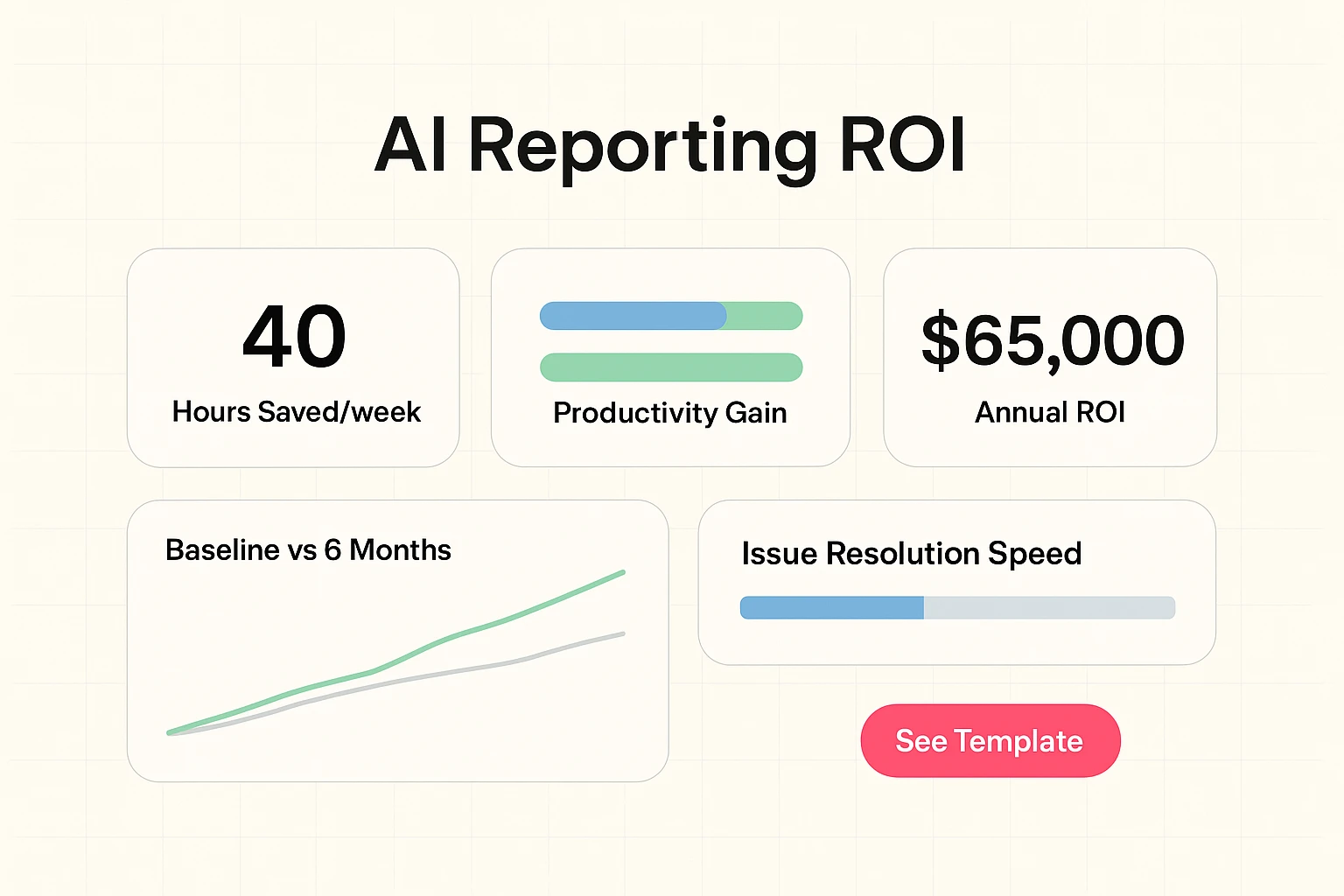
What are the best AI SEO reporting tools for agencies?
Identifying the 'best' AI SEO reporting tool for an agency depends on specific needs, but key criteria include robust data integration, comprehensive white-label options, advanced predictive analytics, and seamless client communication features. Agencies should evaluate platforms based on their ability to connect with various data sources like Google Analytics and Google Search Console, offer complete brand customization, provide real-time performance tracking alongside future forecasting, and automate client updates with intelligent summaries. Scalability for managing multiple clients efficiently also remains a critical factor. Platforms must also demonstrate a commitment to data security and privacy.
How does AI improve SEO reporting accuracy and speed?
AI significantly enhances SEO reporting accuracy and speed by automating data collection and analysis, minimizing human error, and processing vast datasets far more rapidly than manual methods. Artificial intelligence systems eliminate the laborious and error-prone process of manually gathering data from disparate sources, ensuring consistent and precise data points. Furthermore, AI algorithms can analyze extensive volumes of data in real-time, identifying patterns, anomalies, and performance shifts instantaneously. This immediate processing capability means agencies receive insights promptly, enabling faster strategic responses and optimization. According to research from a leading industry analysis from SEO.com, real-time AI dashboards enable 20-40% faster problem resolution compared to legacy reporting.
Can AI automate client communication in reporting?
Yes, AI can extensively automate client communication within SEO reporting, moving beyond simple data presentation to generate personalized, narrative-driven updates. AI tools use natural language generation (NLG) to create plain-language summaries of complex data, highlight key performance changes, and even suggest next steps based on analytical insights. These narratives can be customized to specific client industries and objectives, providing relevant and easily digestible information. This automation ensures consistent, proactive updates to clients, freeing account managers to focus on strategic discussions rather than repetitive report writing. This level of automation also reinforces transparency and helps in building BenAI trust with clients.
How scalable are AI SEO dashboards for multiple clients?
AI SEO dashboards are inherently designed for high scalability, making them ideal for agencies managing a diverse portfolio of clients. These platforms leverage templated reports, automated data feeds, and centralized dashboards to manage numerous clients efficiently without a linear increase in manual effort. Agencies can create standardized report templates that are then automatically populated with client-specific data, drastically reducing the per-client reporting overhead. Features such as role-based access control and integrated client management tools further streamline the process, allowing agencies to onboard new clients and expand their services seamlessly. This automation allows for significant agency growth without a proportional increase in operational costs.
What customization options exist for white-label SEO reports?
White-label SEO reports offer extensive customization options, allowing agencies to align reports perfectly with their brand and tailor content to each client's specific needs and objectives. Agencies can apply their own logos, brand colors, and typography to dashboards and reports, ensuring brand consistency. Beyond branding, customization extends to the choice of metrics displayed, data visualizations (charts, graphs), report layout and structure, and the frequency of report generation (daily, weekly, monthly). Granular personalization also includes custom commentary and AI-generated narratives that speak directly to a client's industry and goals, as well as the ability to customize access levels and data views for different client stakeholders. These options enhance both the professional presentation and the perceived value of the agency's services.
How secure is data handled in automated AI SEO reporting platforms?
Data security is a paramount concern for automated AI SEO reporting platforms, with leading solutions implementing robust measures to protect sensitive client and performance data. Reputable platforms employ industry-standard security protocols, including end-to-end encryption for data both in transit and at rest, ensuring that information is unreadable to unauthorized parties. They also enforce strict access controls, such as multi-factor authentication (MFA) and granular role-based permissions, to prevent unauthorized access to client dashboards and data. Compliance with international data privacy regulations, such as GDPR and CCPA, is fundamental, demonstrating a commitment to legal and ethical data handling. Regular security audits and vulnerability assessments further reinforce these platforms' commitment to data protection.
Join Our Growing AI Business Community
Get access to our AI Automations templates, 1:1 Tech support, 1:1 Solution Engineers, Step-by-step breakdowns and a community of forward-thinking business owners.
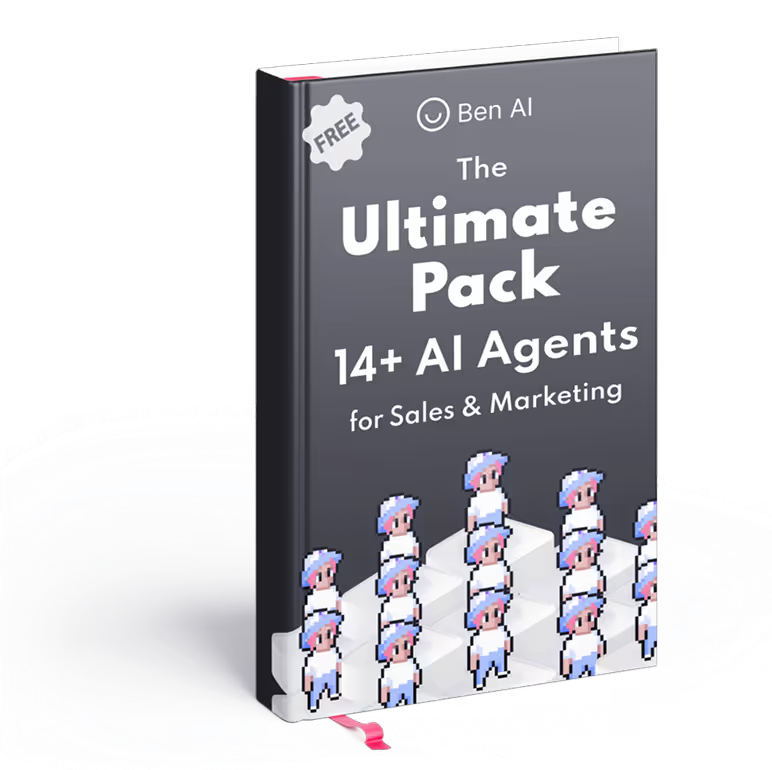
Latest Blogs
Explore our latest blog posts and insights.


